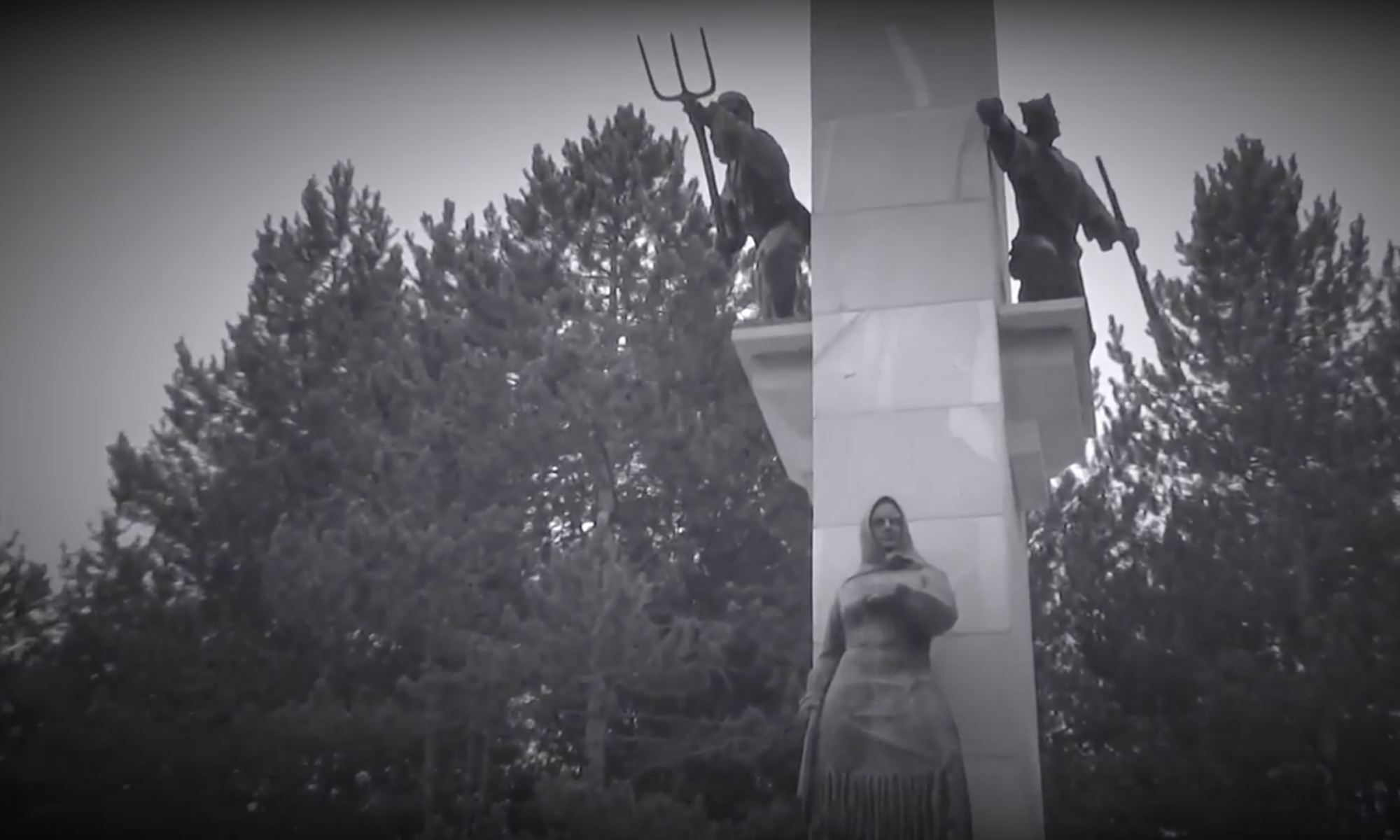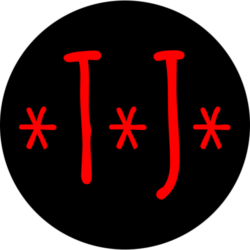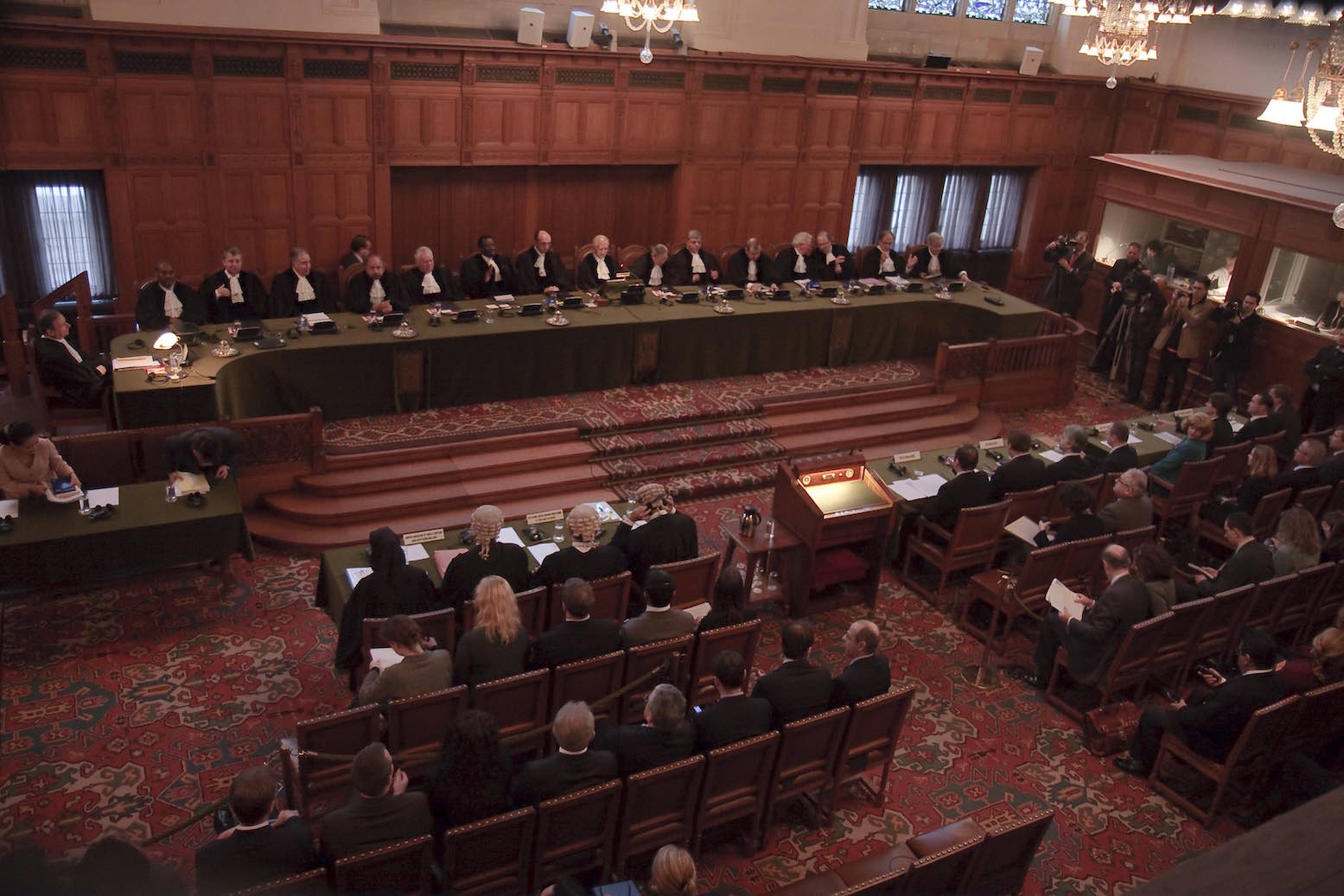
Several high-caliber practitioners lectured on international justice as part of the program, including former US diplomat, Mietek Boduszynski, one of the school’s organizers, and Christian Axboe Nielsen, a former expert witness at the International Criminal Tribunal for the former Yugoslavia (ICTY). One of the questions that was addressed during these sessions pertained to the sanction power of war crimes tribunals. In this context, Dr. Boduszynski explained that “International courts need friends. This is because they lack the independent enforcement authority needed to carry out their mission, which includes apprehending wanted war criminals.” Powerful actors in the international system are potential friends, but as states they also have other interests. Therein lies one reason that diplomacy and politics and diplomacy become important variables in the study of international criminal justice. Just look at the case of the ICC’s intervention in Libya! In addition, Iraq illustrates how transitional justice, if poorly implemented, can hurt the prospects for reconciliation and peace. The trial of Saddam Hussein and the process of de-Baathification were widely seen by Iraq’s Sunnis as acts of vengeance designed to marginalize them as a minority in the new Iraq. These feelings of marginalization among Iraq’s Sunnis no doubt contributed to the conditions which allowed the Islamic State to take root in Sunni areas of Iraq in 2014.


